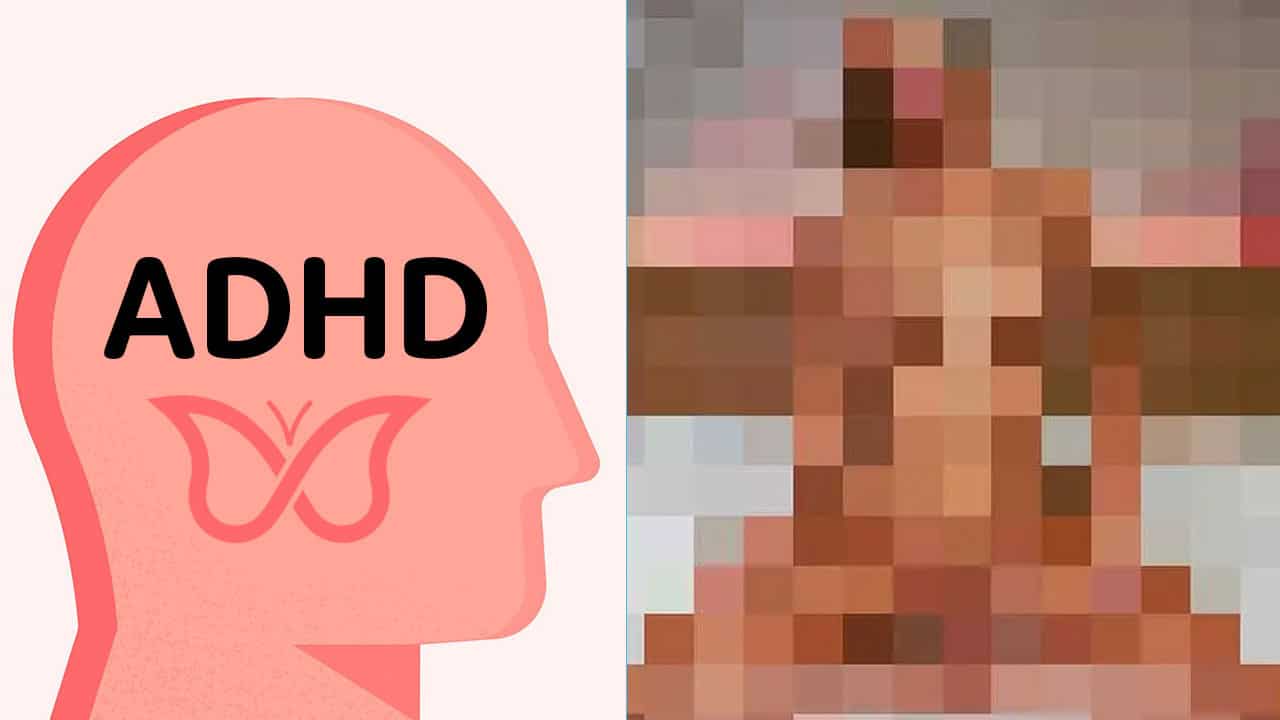
ADHD and Porn Addiction – What is the Connection?
Porn addiction can cause problems in many areas of a person’s life if they don’t seek help. The typical personality traits of those with attention deficit hyperactivity disorder (ADHD) – such as impulsivity, sensation seeking, and attachment difficulties – can make them more at risk of problematic pornographic use.
In this article, we look at what is considered porn addiction, explore the link between ADHD and porn consumption, and share some tips for dealing with unhealthy habits.
What is porn addiction?
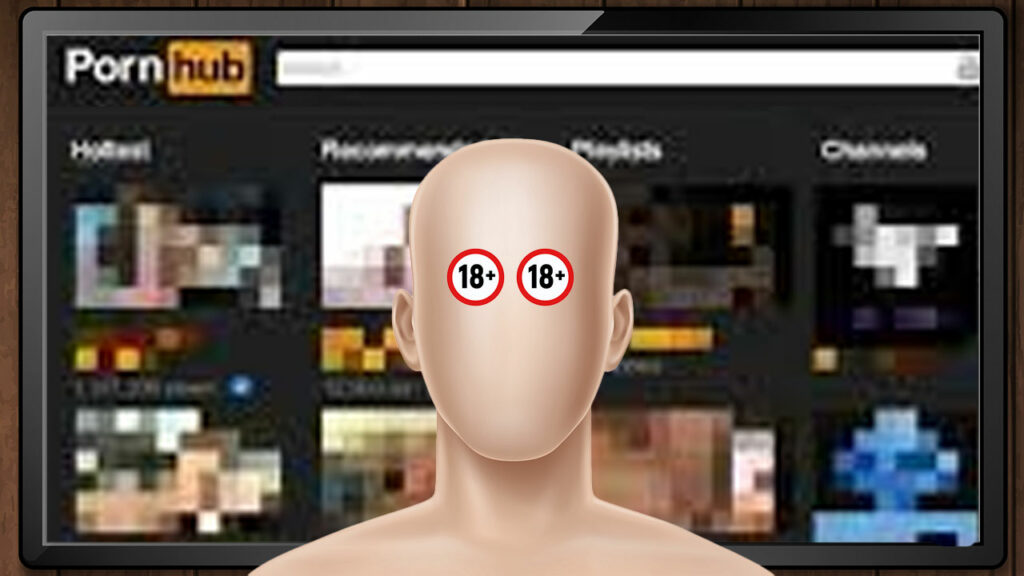
Many people are surprised to discover that porn addiction isn’t officially recognized as a disorder. The American Psychiatric Association decided not to add it to the Diagnostic and Statistical Manual of Mental Disorders (DSM–5). However, the World Health Organization did recognize ‘compulsive sexual behavior disorder’ (CSBD) in its International Classification of Diseases 11th revision (ICD-11), and the use of pornography is mentioned several times in the definition of CSBD 1 1. https://icd.who.int/dev11/l-m/en#/https://id.who.int/icd/entity/1630268048 × .
Even though porn addiction isn’t formally acknowledged, a growing reliance on pornography can become a real problem for those affected. It can take a heavy toll on a person’s physical and mental health, interfere with their daily life, cause financial problems, and put a huge strain on relationships. People with ADHD are more susceptible to developing an unhealthy reliance on porn.
Let’s look at the common behaviors associated with compulsive porn use that can have negative consequences for the sufferer and those around them.
Warning signs of porn addiction
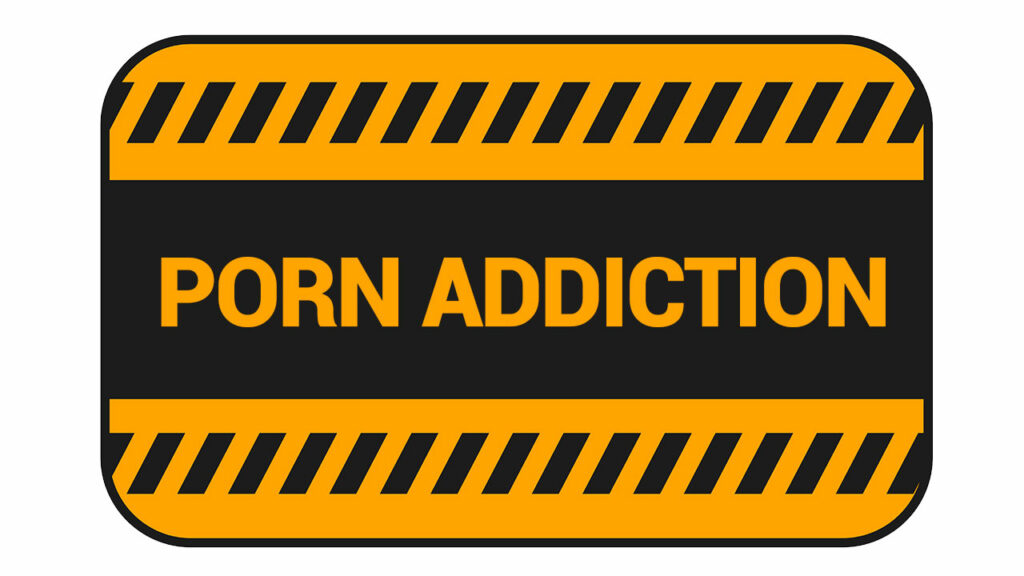
While porn use is common, most people who view porn – even on a regular basis – don’t have an addiction. So, what are the red flags? Here are some of the warning signs to indicate that harmless fun is turning into an unhealthy habit:
- Compulsively viewing, collecting, and/or downloading porn
- Spending more and more time consuming porn
- Unsuccessfully attempting to control porn use
- Craving porn when unable to access it
- Looking for more and more explicit material
- Having withdrawal symptoms when trying to stop
- Getting restless, irritable, or angry when away from it
- Using porn as a coping mechanism or to escape from negative feelings
- Dropping all other hobbies and interests to focus on porn
- Neglecting duties at home, school, or work
- Strained relationships with loved ones
- Spending increasing amounts of money on porn
- Inability to form lasting romantic relationships
- Loss of interest in sex with spouse or partner
- Lying to others about the extent of usage
- Loved ones expressing concern about usage
- Feeling ashamed and guilty but continuing porn use
- Watching porn in inappropriate places, like school or the workplace
Potential causes of porn addiction
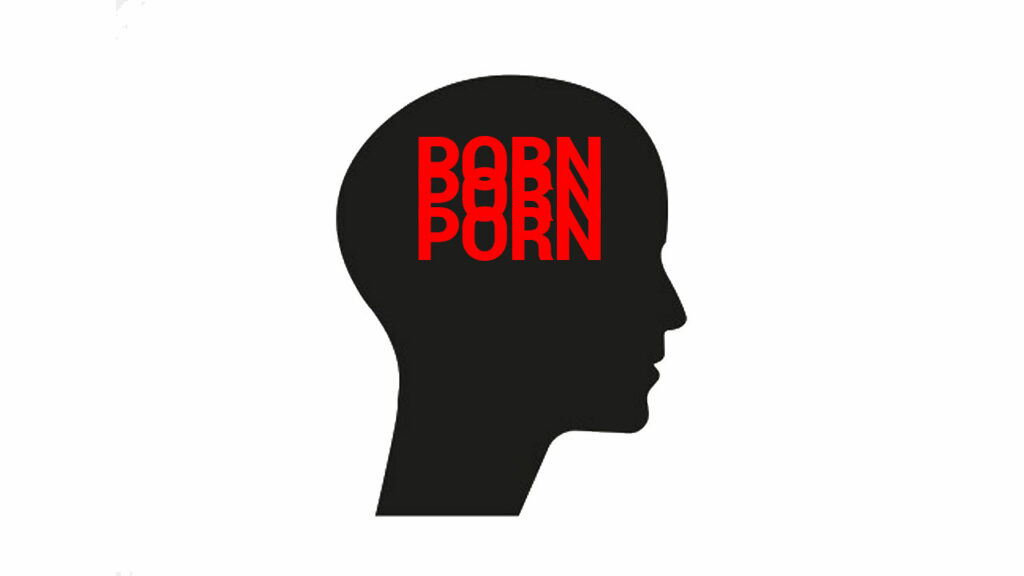
Research is ongoing about the possible causes of porn addiction, but there are thought to be a number of contributory factors. These include co-occurring mental health disorders, like stress, anxiety, depression, or PTSD; emotional problems, such as low self-esteem or loneliness; exposure to porn at a young age, leading to desensitization; relationship issues, for example not having a partner or feeling sexually unfulfilled; a history of sexual abuse; and changes in the brain’s chemistry.
ADHD is also considered to be a risk factor for porn addiction and we look at the various reasons for this in the next section.
What is the link between ADHD and porn addiction?
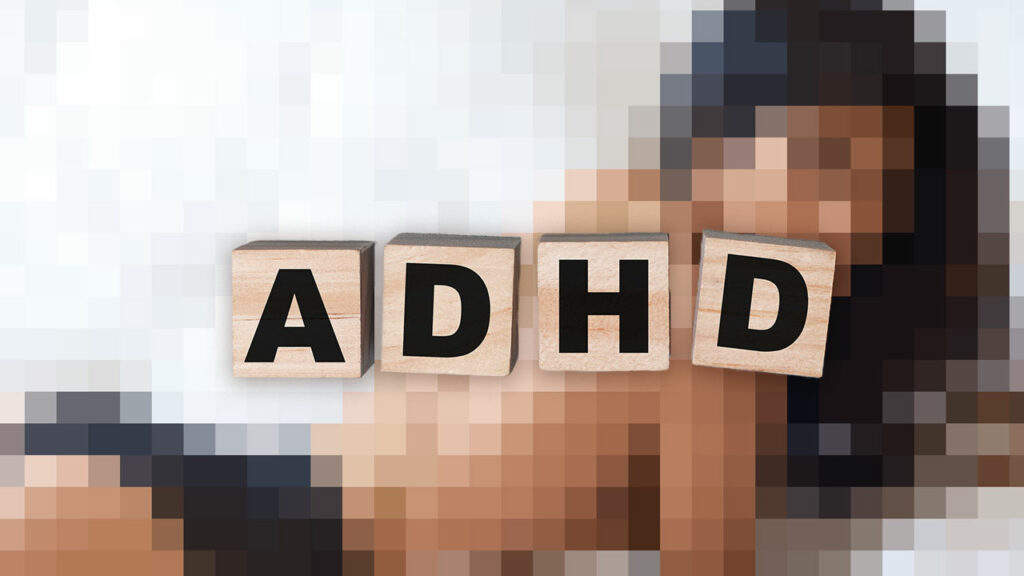
There are thought to be several reasons why people with ADHD are more vulnerable to porn addiction:
Attachment difficulties
People with ADHD sometimes suffer from attachment difficulties and turn to porn as a way to experience sexual pleasure without emotional intimacy 2 2. https://www.sciencedirect.com/science/article/pii/S0010440X1930032X × . But it can be a vicious circle because those addicted to porn can struggle to build close relationships as excessive porn use gives them unrealistic expectations and causes trust problems.
Reward deficiency
ADHD sufferers have low levels of dopamine – a neurotransmitter in the brain that causes individuals to feel pleasure and reward. One of the reasons why porn can be so addictive is because it triggers an intense rush of dopamine. Over time, the brain starts to associate porn use with pleasurable and rewarding feelings, which makes individuals want to consume more and more.
Sensation seeking
One of the personality traits commonly associated with ADHD is sensation seeking. Research has found that people with high levels of sensation seeking are more susceptible to frequent porn use, which can develop into problematic behavior 3 3. https://www.sciencedirect.com/science/article/pii/S0010440X1930032X × . This is also a reason why people with ADHD can struggle with internet addiction.
‘Self-medication’
According to research, people with ADHD sometimes use porn as ‘self-medication’ to help improve their mood 4 4. https://www.ncbi.nlm.nih.gov/pmc/articles/PMC10442643/pdf/fpsyt-14-1240222.pdf × . They may use it as a way to cope with stressful events, and alleviate depression and anxiety. However, the more porn they view, the more vulnerable they become to problematic porn use.
Impulsivity and hypersexuality
Another common symptom of ADHD is impulsivity, and there’s evidence to suggest a link between impulsivity and hypersexuality 5 5. https://www.ncbi.nlm.nih.gov/pmc/articles/PMC10442643/pdf/fpsyt-14-1240222.pdf × . So, does ADHD affect hypersexuality? Research has found that people with ADHD tend to have less sexual satisfaction but more sexual desire and sexual disfunction than people without the disorder. There also appears to be a link between ADHD and masturbation frequency – those with ADHD tend to masturbate more often. And hypersexuality has been found to contribute to problematic porn consumption.
How to stop porn addiction
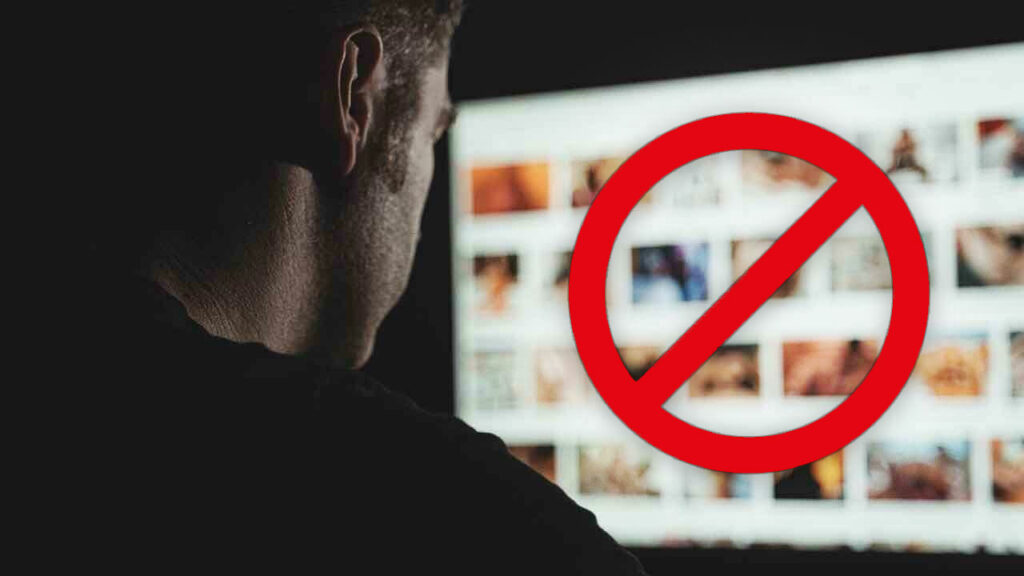
If you have ADHD and porn addiction you may be wondering: “What is the best lifestyle for people with ADHD and porn addition?” or “What is the best environment for someone with ADHD and porn addition?”
Here are some tips to help you create the right environment and lifestyle to overcome problematic porn use:
Acknowledge the problem
The first step on the road to recovery is to recognize you have a problem. If you’re unsure whether your cravings are cause for concern, you can take a test for porn addiction online or through a therapist.
Dispose of pornographic material
Getting rid of all physical and digital pornographic material is a critical next step in dealing with porn addiction. Over time, the lack of triggers will make it easier to resist temptation, manage your compulsive behavior, and develop healthier habits.
Block online porn
As well as removing existing pornography from your life, it’s important to stop yourself accessing new material. Install filters that block online content from all your devices – phone, TV, tablet, computer, etc.
Seek support
Don’t try to go it alone. Ask a trusted friend or family member to support your recovery journey. Being able to talk to someone without fear of judgment can help you maintain focus and motivation as you break free from the grip of addiction.
Build new habits
It’s all too easy to reach for porn when you’re feeling bored or low. Find other ways to fill your time that make you feel inspired and happy. That way you’re less likely to need porn for escapism or to fill a void.
Get therapy
Porn addiction can get worse over time which is why it’s important to seek help if you’re affected. Speaking to a therapist or joining a support group can help your work through your challenges.
Need help?

If you’re a gamer with porn addiction, you may be interested to know more about the link between gaming and porn addiction. We also have a parents guide to ADHD, which is packed with useful information and insights.
At Game Quitters, we’ve developed two video game addiction programs for gamers and their families. Our Respawn program helps gamers quit gaming and live a happier and healthier life, and our Reclaim program is for families affected by a loved one’s problematic gaming.
To find out how we can help you and your family, book your free 30-minute Gameplan call. There are limited spaces available, so get in touch today.
